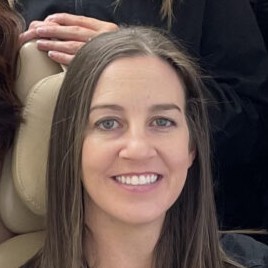Whether you’re buying or selling a dental practice in the St. Louis region, the smart choice is to consult with a Dental Practice Broker.
But what should you ask when you meet with one? Here are ten questions that will help you determine if a broker is the right fit for your needs.
1. Do you represent one party (Buyer or Seller) or both?
While a practice sale isn’t typically adversarial, the Buyer and Seller do have different interests. Each side is better served with their own representative, rather than relying on a broker who tries to represent both.
2. Do you specialize in dental practice sales and valuations—or do you have other business pursuits?
Some brokers sell a variety of businesses or split their time with other services like accounting. A full-time broker who specializes in dental sales usually has more experience and expertise than a generalist.
3. Is your company local or part of an out-of-state firm?
Dental practices are local businesses. A local broker knows the market demand, comparable sales, and fair market values better than someone working remotely.
4. How do you keep up with industry trends and best practices?
Professional brokers stay active in organizations such as the National Association of Practice Brokers or the Practice Valuation Study Group. Ongoing education signals commitment and credibility.
5. How are you compensated?
Most brokers are paid a commission by the Seller. Those who attempt dual representation often collect fees from both the Buyer and Seller.
6. If there’s a problem with your representation, how is it resolved?
Check the brokerage agreement. Local brokers typically resolve disputes through local arbitration or courts. Out-of-state firms may require disputes to be settled in their home jurisdiction—an expensive and inconvenient process.
7. Do you only work for Sellers?
Many brokers represent Buyers as well—just not in the same transaction where they already represent a Seller.
8. How are you compensated if you represent a Buyer?
This should be agreed upon up front. Buyer representation may involve an hourly fee or a flat fee, rather than a commission.
9. If you represent the Seller, what can I expect?
A Seller’s broker typically provides a detailed practice information packet, arranges office tours, introduces you to the Seller, and shares financial data for your accountant. They can also connect you with banks, attorneys, and accountants familiar with dental practice transactions.
10. Is a broker necessary if the Buyer and Seller already know each other?
The answer may surprise you—stay tuned for our next blog where we cover this important topic in detail.
Have more questions?
Whether you’re preparing to buy or sell, we’ll guide you through the process with clarity and as little stress as possible. Contact us today to start the conversation.
– Bill Otten & Kim Rey








